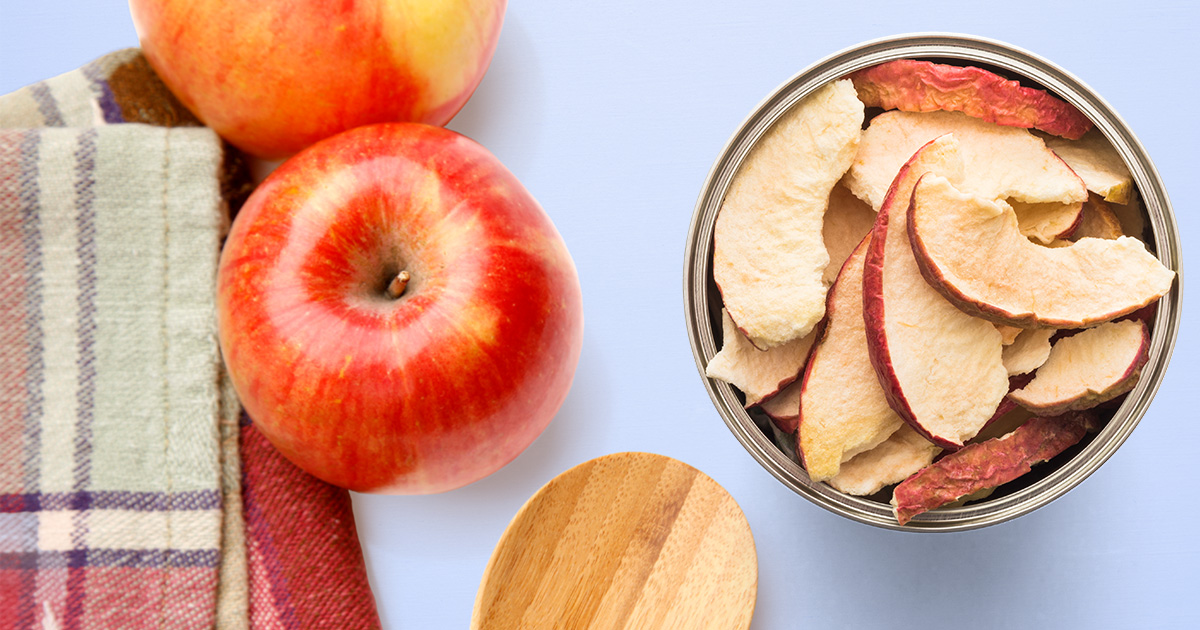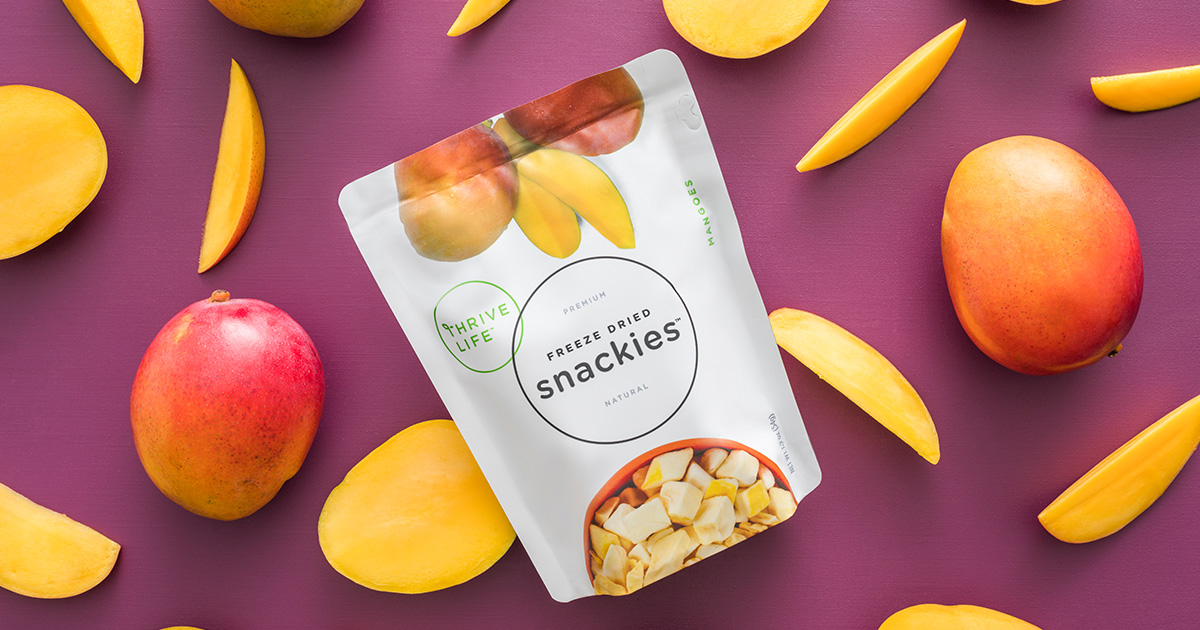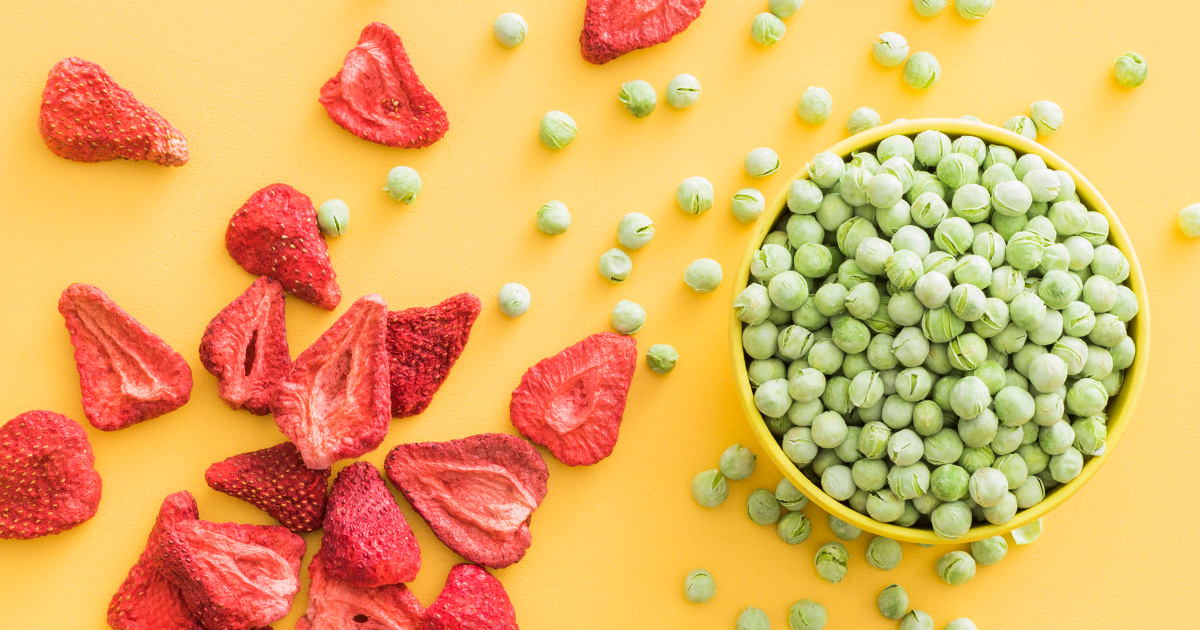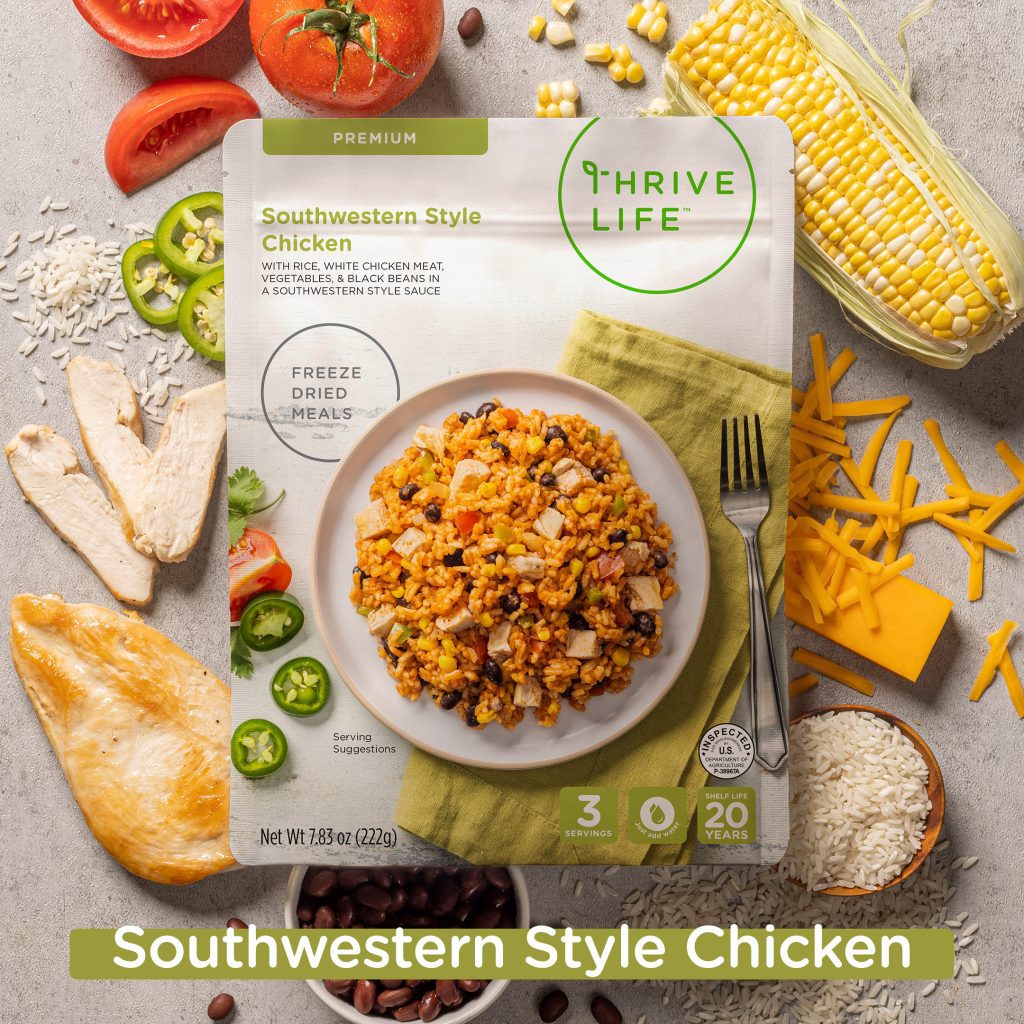Wanneer dit by noodgereedheid kom, backpacking, or simply ensuring you have a pantry stocked with nutritious options, understanding the *longevity of freeze dried food* is crucial. Freeze drying is a preservation method that removes moisture from food, which significantly extends its shelf life. But just how long does freeze dried food last?
Typically, freeze dried foods can last anywhere from 5 om 25 jare, depending on the type of food, packaging, and storage conditions. Byvoorbeeld, fruits and vegetables might fall on the shorter end of this range, while properly sealed and stored meats and meals can last for decades without losing nutritional value or flavor.
One of the key benefits of freeze dried food is its ability to retain most of the original nutrients, smaak, en tekstuur. This makes it a popular choice not just for emergency supplies, but also for everyday cooking and snacking. Plus, the lightweight nature of freeze dried foods makes them ideal for outdoor adventures where every ounce counts.
Considering the impressive shelf life and convenience, it’s no wonder that more people are turning to freeze dried options for their food storage solutions. Whether you’re preparing for an emergency or just want the convenience of having long-lasting ingredients on hand, freeze dried food is a smart choice.
Kyk na ons maandelikse spesiale aanbiedinge vir 30-50% van ons hoë kwaliteit gevriesdroogde produkte by thrivefreeze.com.
Factors Affecting Shelf Life

The shelf life of freeze dried food is influenced by several critical factors. Understanding these can help you maximize the longevity of your food storage and ensure that your supplies are in optimal condition when you need them.
1. Type of Food: Different foods have varying inherent qualities that affect their shelf life. Byvoorbeeld, fatty foods like cheeses may not last as long as lean meats or fruits due to the potential for fat oxidation over time.
2. Verpakking: The packaging of freeze dried foods plays a significant role in determining how long they will last. High-quality, airtight containers with oxygen absorbers can prevent moisture and oxygen from degrading the food. Mylar bags, metal cans, and vacuum-sealed pouches are commonly used for this purpose.
3. Bergingsvoorwaardes: Proper storage conditions are essential for maintaining the shelf life of freeze dried foods. Ideally, these foods should be stored in a cool, dark, and dry environment. Temperature fluctuations, exposure to light, and humidity can all negatively impact the food’s longevity.
4. Oxygen Exposure: One of the enemies of long-term food storage is oxygen. Freeze dried foods should be kept in oxygen-free environments as much as possible to prevent spoilage and nutrient degradation. Using oxygen absorbers in the packaging can help mitigate this risk.
5. Vog inhoud: The moisture content in the storage environment can significantly impact the shelf life of freeze dried foods. Even a small amount of moisture can lead to mold growth or rehydration, which can spoil the food. Ensuring an extremely low moisture environment is crucial for long-term storage.
By paying attention to these factors, you can ensure that your freeze dried food remains safe, voedsaam, and delicious for years to come. This understanding will help you make informed decisions about your food storage strategy and maintain the quality of your emergency supplies.
Proper Storage Techniques

Employing proper storage techniques is essential to extending the shelf life of freeze dried foods. By following best practices, you can ensure that your food remains fresh, voedsaam, and ready to use when needed.
1. Gebruik lugdigte houers: One of the most effective ways to preserve freeze dried food is by storing it in airtight containers. High-quality containers such as Mylar bags, glass jars with tight-sealing lids, or vacuum-sealed pouches can prevent the entry of air and moisture, both of which can degrade the food over time.
2. Consider Oxygen Absorbers: Adding oxygen absorbers to your storage containers can significantly enhance the longevity of freeze dried foods. These small packets remove oxygen from the container, creating an environment that is less conducive to spoilage and nutrient loss.
3. Maintain a Cool, Dark Environment: Temperature and light play a crucial role in the preservation of freeze dried foods. Store your containers in a cool, dark place to minimize the exposure to heat and light, both of which can accelerate the degradation process. A basement, pantry, or cupboard can be ideal storage locations.
4. Control Humidity Levels: Moisture is the enemy of freeze dried food. Ensure that your storage area has low humidity levels to prevent any moisture from seeping into your containers. Using desiccants or silica gel packets can help absorb any residual moisture in the environment.
5. Label and Rotate Stock: Properly labeling your containers with the date of packaging and the contents can help you keep track of your food supplies. Practicing the first-in, eerste uit (EIEU) method ensures that older stock is used first, maintaining the freshness and quality of your food storage.
By adhering to these proper storage techniques, you can make the most out of your freeze dried food supplies. These methods will help you maintain the quality and extend the shelf life of your food, ensuring that you are always prepared for any situation.
Comparing Freeze Dried Food with Other Methods

When it comes to food preservation, it’s important to understand how freeze dried food compares to other methods such as canning, dehydrating, and freezing. Each method has its own benefits and limitations, making them suitable for different situations and needs.
1. Freeze Drying vs. Canning: Freeze drying preserves food by removing nearly all moisture content, which helps maintain the texture, geur, en voedingswaarde van die kos. In contrast, canning involves sealing food in jars or cans and heating them to kill bacteria. While canning can also provide a long shelf life, it often alters the texture and taste of food and may result in some nutrient loss. Freeze dried food can last between 5 om 25 jare when stored properly, whereas canned food typically lasts up to 5 jare.
2. Freeze Drying vs. Dehydrating: Both freeze drying and dehydrating remove moisture from food, but the processes are quite different. Dehydrating uses heat to evaporate water, which can cause some loss of nutritional value and alter the texture and taste of the food. Freeze drying, aan die ander kant, uses low temperatures and a vacuum to remove moisture, preserving more of the food’s original qualities. Freeze dried food usually has a longer shelf life and retains more nutrients compared to dehydrated food.
3. Freeze Drying vs. Vries: Freezing is a common method of food preservation that maintains the food’s taste and texture well but requires consistent low temperatures. Frozen food is susceptible to freezer burn and has a shorter shelf life compared to freeze dried food. In contrast, freeze dried food can be stored at room temperature and does not require refrigeration, making it more convenient for long-term storage and emergency preparedness.
By comparing freeze drying with other preservation methods, it becomes clear that freeze drying offers several distinct advantages, particularly in terms of shelf life, voeding retensie, and convenience. While each method has its place, freeze dried food stands out as a versatile and reliable option for those looking to maintain a robust and long-lasting food supply.
Benefits of Long Shelf Life

The extended shelf life of freeze dried food comes with a multitude of benefits, making it an attractive choice for various purposes, from emergency preparedness to everyday convenience. Here are some key advantages of having a long-lasting food supply:
1. Emergency Readiness: One of the most significant benefits of freeze dried food is its suitability for emergency situations. Met 'n rakleeftyd wat wissel van 5 om 25 jare, you can have peace of mind knowing that your food supply will remain edible and nutritious for many years. This makes it ideal for natural disasters, economic crises, or other unforeseen events where access to fresh food may be limited.
2. Reduced Waste: Long shelf life means less food spoilage and waste. Traditional fresh foods often have a short shelf life, leading to frequent spoilage and disposal. Freeze dried foods, egter, can be stored for years without deteriorating, which helps in reducing food waste and saving money over time.
3. Convenience and Versatility: Freeze dried foods are incredibly convenient for busy lifestyles. Having a stock of long-lasting food means fewer trips to the grocery store and less time spent worrying about food expiration dates. Daarbenewens, freeze dried foods can be used in a variety of recipes, from simple snacks to elaborate meals, providing versatility in your meal planning.
4. Space Efficiency: Freeze dried foods are lightweight and compact, making them easy to store even in limited spaces. This is particularly beneficial for those living in small apartments or for those who want to maximize their storage capacity for emergency supplies.
5. Nutritional Preservation: The process of freeze drying helps retain most of the original nutrients, geur, en tekstuur van die kos. This ensures that you have access to healthy and tasty meals even years after the food was initially preserved.
The long shelf life of freeze dried food offers numerous benefits, making it a smart choice for anyone looking to maintain a reliable, voedsaam, and convenient food supply. Whether you’re preparing for emergencies or simply want to streamline your meal planning, freeze dried food provides a practical and efficient solution.
Conclusion on Freeze Dried Food Duration
When it comes to ensuring food security and convenience, freeze dried food stands out as a remarkable option. The shelf life of freeze dried food, which ranges from 5 om 25 jare, offers unparalleled benefits, from emergency preparedness to reducing food waste and enhancing everyday convenience. Understanding how long freeze dried food lasts can help you make informed decisions about your food storage and consumption habits.
One of the key takeaways is that freeze dried food maintains most of its original nutrients, geur, en tekstuur, providing a healthy and delicious alternative to fresh or canned foods. The lightweight and compact nature of these products also makes them easy to store, whether you have ample storage space or are living in a smaller apartment. Their versatility in meal preparation further adds to their appeal, allowing you to create diverse and tasty dishes with minimal effort.
Whether you’re planning for emergencies, seeking to reduce grocery store trips, or simply wanting to have a reliable food supply on hand, freeze dried food is a practical solution. With proper storage, these products can remain viable for decades, ensuring that you and your family are always prepared.
To experience the convenience and long-lasting benefits of freeze dried food, check out our monthly specials for 30-50% van ons hoë kwaliteit gevriesdroogde produkte. Embrace the peace of mind that comes with having a dependable and nutritious food supply at your fingertips.


